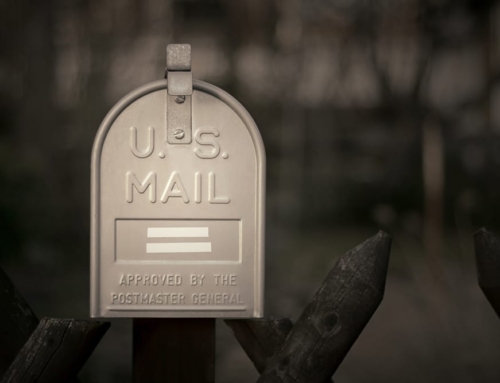Sometimes there are mortgage payoff fees, including unpaid closing costs. Review your mortgage docs, call your lender or state for more info.
Q: My wife and I purchased deeded timeshare about five years ago. Approximately two and a half years ago, we paid off the note to avoid the high interest rate. A couple of months ago we received a letter from the company stating that we owed approximately $500 in closing costs for purchase stamps, tax clearance and optional title insurance.
At that time I wrote back and asked for documentation that these are valid charges and that they are not charges that we actually paid when we purchased the timeshare. We have paid off a number of mortgages over the years and have never had any fees paid for at the time of final mortgages being paid. I never received a response from the timeshare company only the same letter requesting the same payment. Any help or advice would be greatly appreciated.
A: While you may have paid off other mortgages in the past on residential real estate property, you probably paid fees relating to that payoff as part of the mortgage loan payoff. If you’ve paid off a home mortgage, as part of the loan payoff, you might have paid a fax fee and a mortgage or document release fee. The fax fee would have been to have your lender fax the payoff to you instead of sending you the payoff by regular mail and the document release fee might have been the fee to pay the local governmental agency to record the release of mortgage or trust deed.
We mention these costs as you may have some of these costs associated with your timeshare purchase. You should look over your original timeshare documents to see what fees were included in the purchase of your timeshare. From your question and the fees the timeshare company is charging, it would seem that you may have purchased the timeshare 5 years ago, but title was never actually placed into your name until you paid off the loan – sort of an installment purchase of your timeshare interest.
While we can’t know for sure, you can try calling them again to get this information, review your documentation and you can even call the office that regulates timeshares in the state in which you purchased the timeshare to get more information.
You might even consider writing to them so that you have a paper trail of your communication with them. But what you don’t want to do is wait too long. You’ve waited two and a half years since you paid off the timeshare and that timeshare is probably not in your name and won’t be in your name until you take care of these loose ends. While some timeshare buyers are looking to get rid of their ownership interests, you seem to want to keep yours. If that’s the case, you should take care of this matter now.
While the governmental office may not give you all the information you need, they might give you some guidance. In addition, if the government office has a website for consumers, you might be able to get a better understanding of the issues you are facing.
It does not seem unreasonable these days to see fees charged at all points in a real estate transaction – or for that matter, in just about anything we do these days.
The question then is whether the fees are legitimate and whether they are reasonable. If title to your timeshare was never recorded and the state it is located in has a hefty fee to record title documents based on the purchase price of a timeshare, you could expect to pay a sizeable fee now. Keep in mind, that the timeshare company might not have collected that recording fee when you purchased the timeshare to keep your closing costs low, but knew you’d need to pay that fee down the line if you ended up paying off the amount owed for the purchase of the timeshare.






Leave A Comment